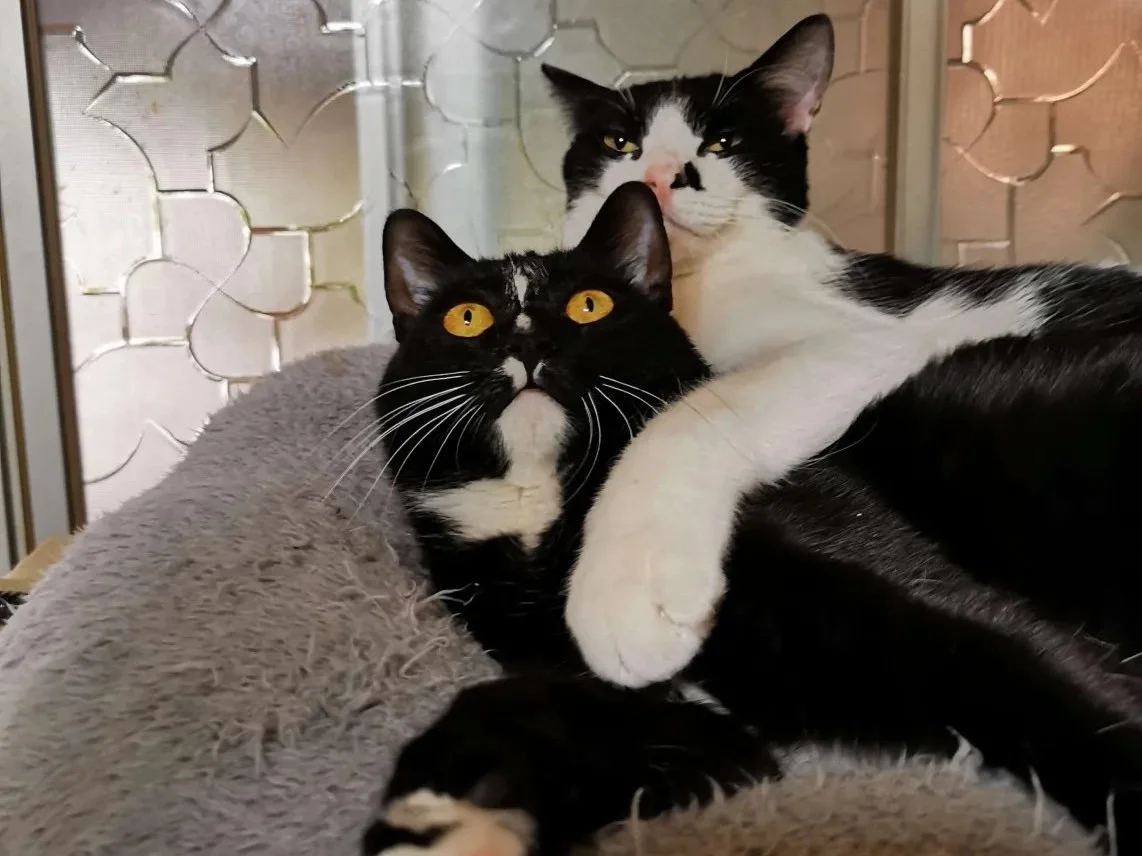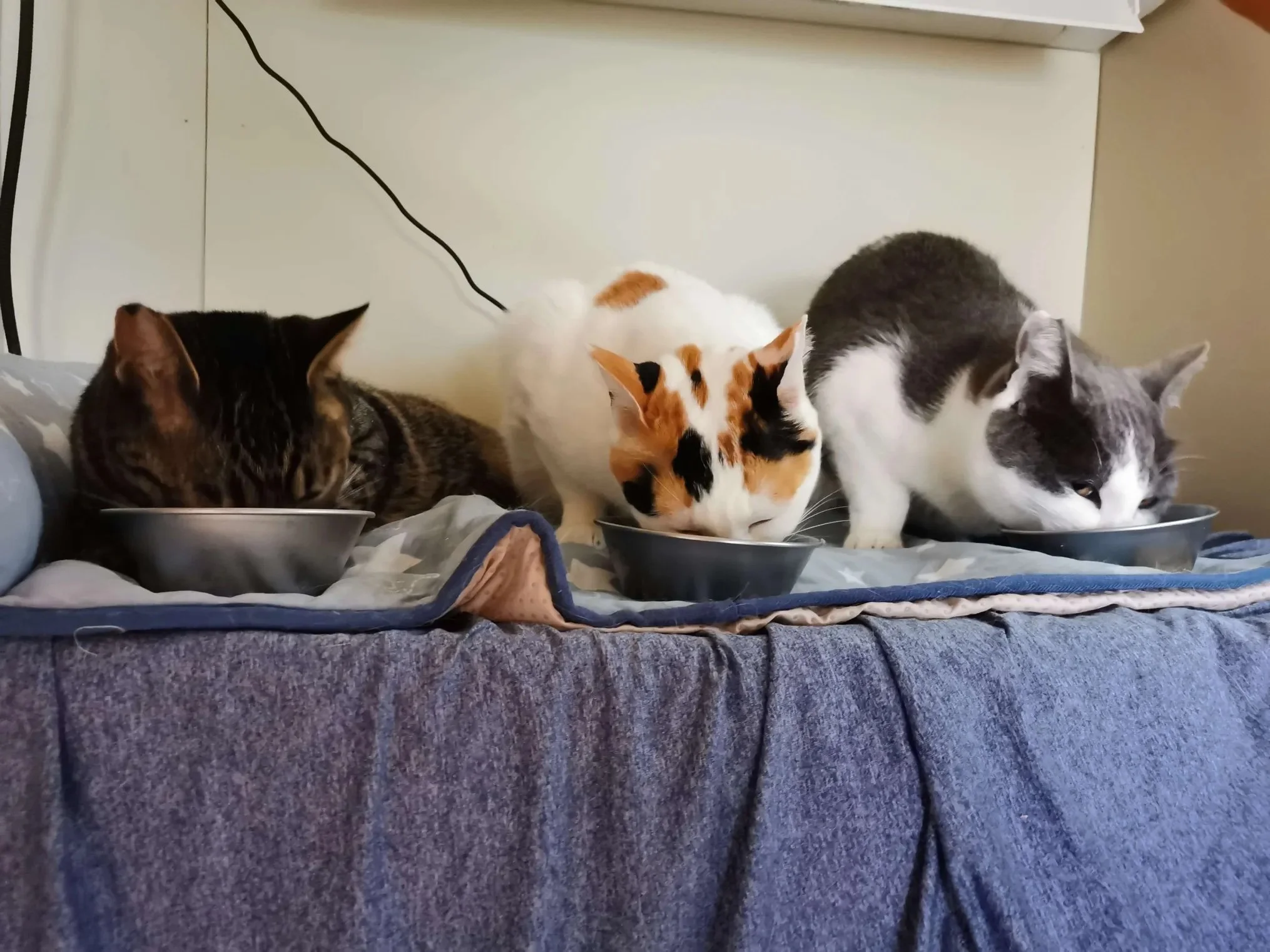After Hours Vet Care
It’s an awful feeling when your animal family member suddenly has a health concern at a time when your regular clinic is closed. Most guardians have faced or will face this particular crisis at one time or another. Like many aspects, preparation is the key for navigating these stressful events as successfully as possible. For this #WiseWednesday, we want to talk about accessing vet care outside the normal clinic open hours. Here are some tips for planning ahead.
Tip 1: Keep a list of your nearest after hours clinics
Searching for a clinic with abnormal hours can be particularly difficult for non-native speakers/readers, so it’s a task that you may need Japanese language help with. Some clinics that offer extended hours don’t necessarily show up on a typical search, while clinics that don’t have any listed hours at all will likely show up. The easiest way can be to try a search for the terms animal hospital, animal clinic, and/or veterinarian (translated first into Japanese language) on a map application which is already open to your area, during a time when clinics would normally be closed. Any clinic listed in green as being open could be a candidate. You will want to find a number of options, starting with the closest, and also to research how you would need to get to the clinics. In some cases, the nearest clinic may already be full and unable to see any other patients at the time, so it’s important to have backup options ready.
Tip 2: Plan ahead, and use your regular vet whenever possible
Monitoring health by keeping a close eye on appetite; any vomiting or diarrhea; lack of activity; and urinary straining; will often give enough warning in order to get into your regular clinic during their normal open hours. Beyond the convenience and cost factors, it’s preferable to see a vet who already knows and has previously treated your animal. If you have any concerns, save yourself time, stress, and money by going in proactively before the clinic closes. Keep in mind this applies to afternoons as well as nights, since most clinics in Japan normally close between noon and 5pm.
It’s also worth asking your vet clinic ahead of time about what their policy is regarding emergencies. Is the vet ever willing to come in? Are you able to reach out for advice via LINE? If so, until what time? Also ask if there is an ER clinic in particular that they recommend.
Tip 3: Understand the limitations of a typical ER
Clinics that are open 24 hours often focus only on prop-up care, meaning that they will offer life sustaining procedures and treatments, but not usually many diagnostics. The main goal will be to stabilize any urgent condition until it can be further evaluated and addressed during normal hours. Even in regular clinics that also offer after hours care, you will pay a premium for any diagnostics requested at those times. In either case, staff on duty will often be the younger less experienced doctors and/or technicians. Another limiting factor is language. While many clinics offer English speaking services during normal hours, this is almost never the case after hours. Be prepared to bring along a fairly fluent speaker or at least to be able to skillfully use good translation software.
Tip 4: Clearly ask about all costs ahead of time
Do not be afraid to ask what everything will cost, even calling ahead to do so. Most clinics that open outside normal hours will charge a high minimum base fee. Every procedure done after that will likely come with an additionally higher than normal fee. Depending on the situation, especially if hospitalization is required in order to stabilize until morning, you could easily face charges in excess of ¥50,000 for that one night. You will need to have the ability to pay at least some, if not all, of these charges on the spot. It’s important to keep in mind that overall costs can quickly escalate further in cases where follow up treatment is also needed to address an underlying issue–for example, a blockage needing surgery.
Tip 5: Plan for emergencies in your budget
While vet care can be expensive, regret almost always costs more. Try to keep enough funds available so that you have the freedom to get to a vet whenever you think that is needed. Take the time to carefully consider how you will feel if the worst happens–your animal family member passes away unexpectedly, without being able to see the vet. There are a number of life threatening issues that can be resolved with proper immediate care. It’s tragic to feel that you could have done more to turn things around, with the right resources, and that your animal family member might have otherwise recovered to live a normal life. Without any proper evaluation, you might never know.
Don’t leave emergency vet care research until a time when you are also coping with the emergency. Start collecting data on your nearest clinics right now, and put money aside for that potential rainy day. It’s also important to know what kind of symptoms or signs indicate an emergency.
For more resources and information, check out the links below:



